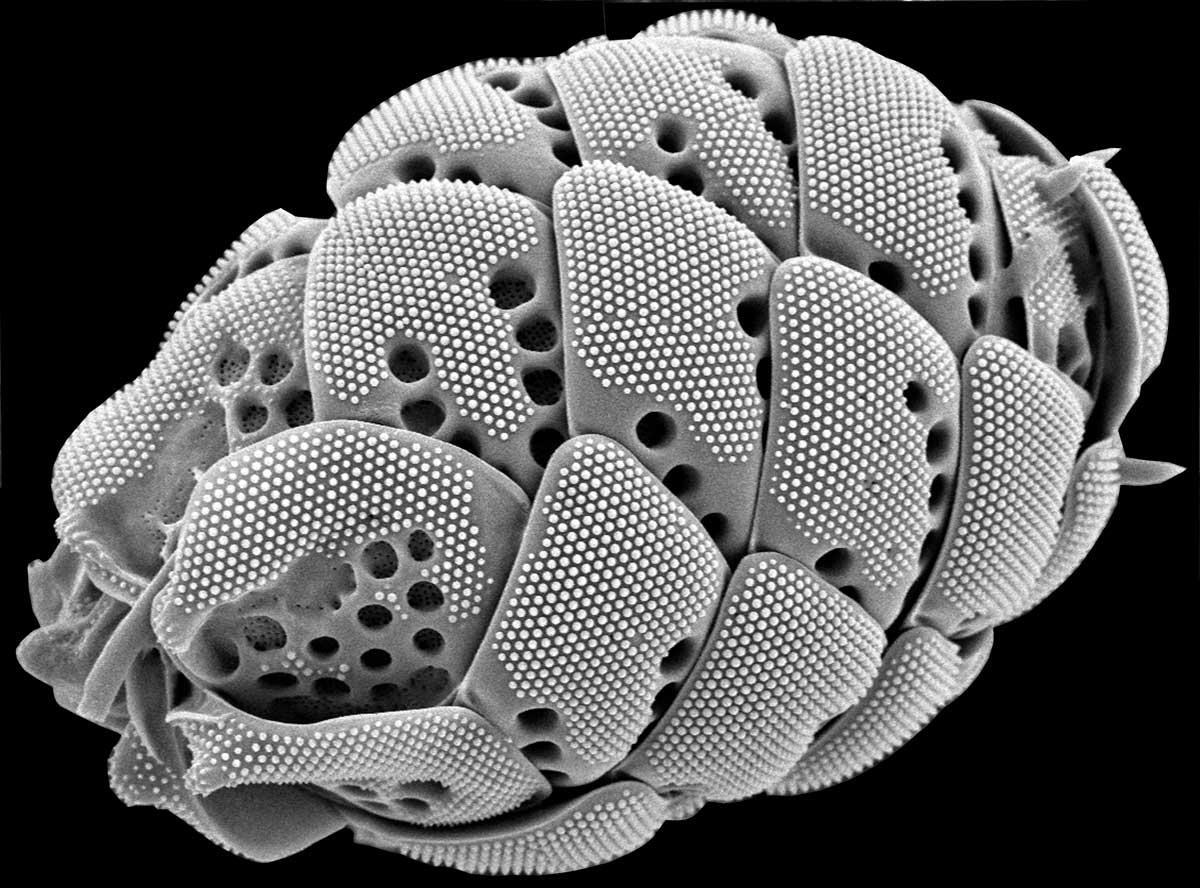Class Note Up Close: Peter Siver

At Binghamton, Siver and Baker were both students of Professor George Schumacher, a botanist with a specialty in algae and an inspirational teacher.
“When I graduated, I was all set to pursue a master’s degree at SUNY College of Forestry in Syracuse when Dr. Schumacher suggested I visit a former student, Al Baker, who had a potential research assistantship working on the Mississippi River. To make a long story short, I ended up as Professor Baker’s first graduate student,” Siver says.
In his research, Siver uses the remains of fossil algae to reconstruct ancient climates. In the process, he has described numerous species that are new to science.
“I was fortunate to name one organism, Mallomonas schumachii, after Dr. Schumacher and was happy that he was able to read about it just before he passed. I received a nice letter [in November 2014] from one of his healthcare aides describing his joy.”
In summer 2018, the species named in honor of Professor Baker was accepted for publication.
The species named after professors Schumacher and Baker are fossil species. The organisms’ claim to fame is that they build a wall out of plate-like structures called scales. The scales are made of glass, so the cell is essentially in a glass house. When the cell dies, the scales disarticulate from the cell surface and become part of the sediment record. The description of the species is largely based on the individual scales.
Both species were found in a core from a site known as Giraffe Pipe, an ancient lake that is approximately 48 million years old situated above the Arctic Circle. The climate was warm enough to sustain palm trees and alligators. “By using the remains of all organisms, we hope to reconstruct what it was like to live in the Arctic under warm conditions and no ice,” Siver says.

